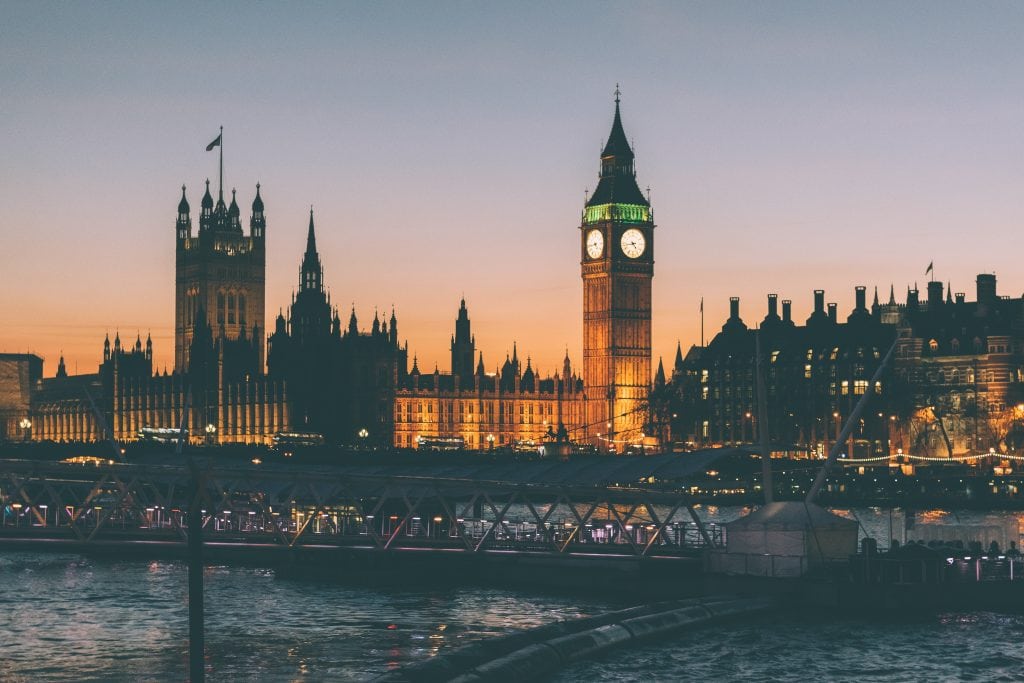Blog Post by Irina von Wiese, former LibDem MEP
London Calling is the European Liberal Forum’s column aimed at bridging the Channel.
It was a resounding victory for the UK former energy and climate change secretary and my friend, Sir Ed Davey. He had been acting co-leader of the UK Liberal Democrats since Jo Swinson’s resignation and on 27 August was elected new leader by 63.5% of party members who participated in the leadership contest. The challenges he faces cannot be overestimated.
In his acceptance speech, he emphasised the need to reconnect with British voters – a necessity that became all too clear after the disastrous December 2019 election, where Liberal Democrats were reduced to only eleven MPs out of 650. A merciless internal post-election review highlighted failings and recommended wide-ranging reforms – but that was in a pre-Covid world, when domestic and global policy priorities still looked somewhat recognisable.
Liberal Democrats are facing a range of dilemmas
Today, after eight months without elected leader and the biggest changes to society in post-war Britain, Liberal Democrats are facing a range of dilemmas: how to hold the government to account over its failings in dealing with the pandemic and the Brexit negotiations, with just eleven MPs and dwindling poll ratings? How to position Liberal Democrats as opposition party next to a more moderate, and increasingly more potent Labour party under Sir Keir Starmer? How to reconcile liberalism with life-saving restrictions on freedom and privacy, such as contact tracing? How to galvanise the imagination of a deeply divided nation and re-create a party that stands for more than stopping Brexit?
It is true that Liberal Democrats’ greatest successes in recent years were based on its unequivocal anti-Brexit stance: thousands of – mostly young – people joined the party after the 2016 referendum, and more voters than ever elected Liberal Democrat candidates to represent them in the European Parliament, with the mandate to Stop Brexit. Although Brexit is far from ‘done’, it cannot, now, be undone. Liberal Democrats failed to deliver their one and only strapline promise.
Under Ed Davey’s leadership, Liberal Democrats urgently need to find a new message, one that is sufficiently distinct from Labour to attract those who are still reeling from Corbynism and sufficiently pragmatic to appeal to the many former Conservative voters who do not recognise their old party and loathe Johnson’s gang-ho populism.
Yet, in between these conflicting strategic goals, Liberal Democrats possess something that is like gold dust in times of global division and crisis: a set of values inextricably linked to democracy, freedom of expression and rule of law.
This is the time for Liberal Democrats to speak up
With all three now in freefall around the globe, and under acute threat in the UK, this is the time for Liberal Democrats to speak up. The next few months will determine whether the UK continues on a slippery slope away from parliamentary scrutiny, social market economy and multilateralism, and towards a US-style system reliant on executive power, deregulated markets and ‘Britain first’ attitudes towards international cooperation. A hard Brexit without trade agreement with the EU – now the most likely outcome of the ‘negotiations’ between the UK and the EU – will inevitably drive Britain further down that slope. The repercussions for British democracy are serious: a democracy already under strain from an antiquated governance structure with unelected law-makers in the House of Lords, no written constitution and an electoral system which makes it impossible for smaller parties to get a foot in the door. A structure which worked reasonably well before Russian bots, mass disinformation, right wing extremists and a pandemic rocked the delicate balance between freedom and stability. Under pressure, the structure soon started to crumble, and a populist prime minister discreetly hacks away at its foundations. Thus, the pandemic served as an excuse for Johnson to introduce sweeping executive powers and temporarily exclude MPs unable to attend the House of Commons in person from voting.
To be heard, Ed Davey and his ten Liberal Democrat colleagues in the House will have to shout more loudly. Which might prove difficult for a man who is mild-mannered, gentle and possibly the most morally upright person I know. He is not the image most voters have of a British politician. But he has what it takes to improve this image. To be taken seriously, he now has to do two things: communicate clearly what Liberal Democrats stand for, and work constructively with Labour.
On the former, it is important not to fall into the trap of ‘liberalism versus protection of the vulnerable’. Wearing masks is not a restriction of personal freedom, it is a proportionate and indispensable means to save lives. The same applies to the sharing of health data in order to track cases of infection. Liberal Democrats stand for social inclusion, equality and freedom from oppression, not unbridled freedom to do as you please. This, together with core policies such as a green, innovation based economy, open society and internationalist agenda, has to be the clear message in a society where masks are politicised.
On the latter, the scars of the Lib-Con coalition should not deter Liberal Democrats from seeking cooperation with Labour and others on specific issues where ‘all hands on deck’ are required: first and foremost electoral and constitutional reform, which is in the interest of all opposition parties. Secondly, on ousting Boris Johnson from No. 10 Downing Street. With a gloomy outlook for Britain’s economy and political stability in the wake of a hard Brexit plus potential second wave pandemic, the chance may come sooner than expected. Ed Davey will need to be ready.
